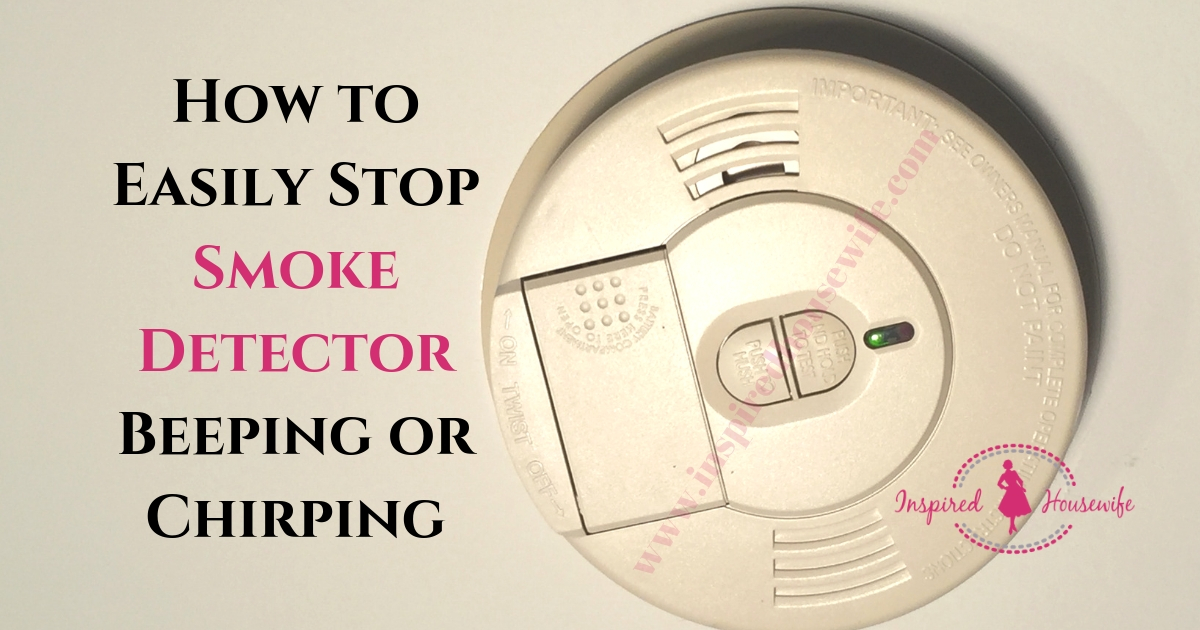
The chirping or other sounds they make can be mistaken as the smoke alarm going off. In the United States a typical fire alarm sounds off between the 65 decibel and 120 decibel range.

NFPA 72 outlines the requirements for fire alarm notification appliances which take two primary forms.
Loud fire alarm going off. First try the reset button on each smoke alarm. If that doesnt work flipping the circuit breaker off and back on might stop the noise. If all of that fails your ultimate solution may be to.
How Loud Are Fire Alarms. NFPA 72 outlines the requirements for fire alarm notification appliances which take two primary forms. Horns and sirens provide the audible alert sounding off at 65 to 120 decibels dB when standing 10 feet from the device.
Batteries are running low some smoke alarms feature the ability to make noise when the batteries need replacing. The chirping or other sounds they make can be mistaken as the smoke alarm going off. Strong chemical smells smells normally will not trigger smoke alarms unless they are too strong.
Smoke alarm somewhere in my house went off for like 5 seconds then stopped. Woke me right up but it quit before I jumped out of bed. Maybe there was a pan-dimensional fire last night.
Hardwired alarms may briefly sound when power is interrupted then restored. Power interruptions are common in areas where utility companies switch grids in the early hours of the morning. In AC or ACDC smoke alarms a loose hot wire connection can also disconnect power to the smoke alarm.
The effect is the same as a power failure. A change in the electrical current to the wired smoke alarm will cause the smoke alarm sound to go off when there is not smoke in the air. When the electricity in the home is cut off during a storm or other event or if the electrical current spikes the smoke alarm can go off.
In order to alert people fire alarm horns and sirens should always be set to sound 15dB louder than the average ambient noise. This means that the appropriate level will be different in a school class as opposed to an industrial facility for example. There should be a replace by sticker on the alarms.
2 Going off in the night could mean that the sinking temperature affects the battery power although that usually manifests itself in intermittent low battery warning beeps rather than a full alarm. If the batteries are replaceable it might be worth putting fresh batteries in. Around midnight they all started going off at 90 million decibels.
The fire Co2 detector was shouting fire fire fire Hubby jumped out of bed and we began running around in our undies. He grabbed a ladder while I started flipping the smoke detector breakers to silence them. In the United States a typical fire alarm sounds off between the 65 decibel and 120 decibel range.
According to the National Institute on Deafness and Other Communication Disorders NIDCD repeated exposure to sound at 85 decibels or above can be enough to cause hearing loss. The smokeheatco detector inside your unit sets off a local alarm only and annunciates at the main panel. A smoke heatCo in a public area sets off the whole building general Alarm and sets off the visual strobes and voice evacuation system.
For fire alarms tied to a home alarm system use your code to silence the loud siren. For other types of detector use the hush or silence feature if possible. If your smoke detectors continue to go into alarm for no apparent reason try cleaning them as a first step.